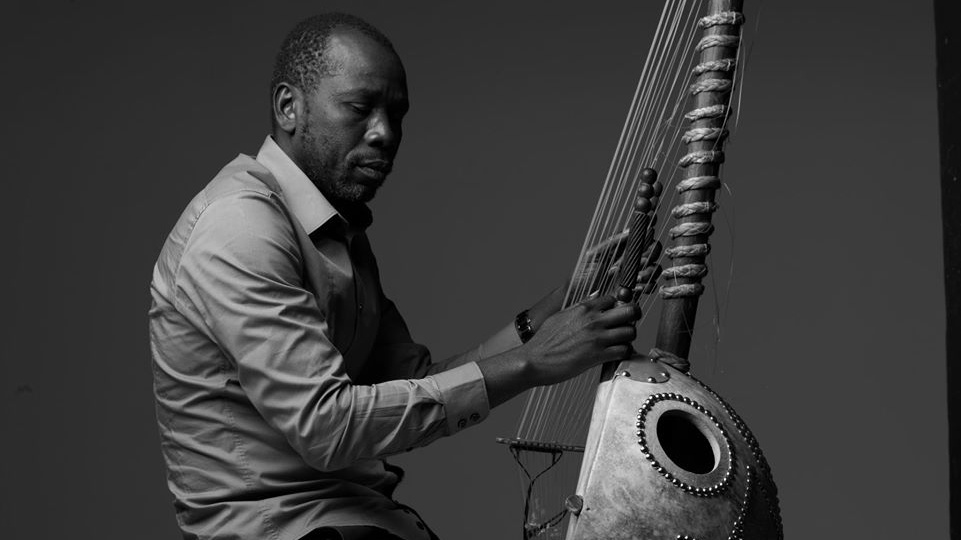Ballaké Sissoko, a prominent musician from Mali, is blaming the Transportation Security Administration for destroying his most valuable instrument at John F. Kennedy International Airport in New York.
In an email to NBC News, Sissoko said the agents "totally destroyed" his custom-made kora — a 21-string bridge-harp which is hard to find.
"Normally they just open the flight case because of the strange shape of the instrument and case," he said. "This time, they disassembled and broke it."
The TSA, however, denied the allegations.
"It is most unfortunate that Mr. Sissoko’s instrument was damaged in transport," a TSA spokesperson told NBC News. "However, after a thorough review of the claim, it was determined that TSA did not open the instrument case because it did not trigger an alarm when it was screened for possible explosives."
The 52-year-old shared a statement on Facebook, saying his custom-made kora was "completely destroyed by USA Customs, without any justification."
Sissoko said the TSA wouldn't have done the same thing to a white musician.
"In Mali, the jihadists threaten to destroy musical instruments, cut the tongues out of singers, and to silence Mali’s great musical heritage," he said. "And yet, ironically, it is the USA Customs that have in their own way managed to do this. Would they have dared do such a thing to a white musician playing a classical instrument?"
The artist said the incident is "a reflection of the kind of cultural ignorance and racism that is taking over in so many parts of the world and that endangers the best of musicians from Africa and elsewhere."
"This is an unprovoked and sad act of aggression," the Facebook post stated.
According to the Facebook statement, the incident happened after Sissoko finished a two-week tour of the USA with his group 3MA. The instrument was reportedly destroyed when the 52-year-old boarded his Air France plane to Paris, going back home after the group's final concert in New York.
"At the airport, Ballaké picked up his kora case, went back to his flat and slept," the Facebook post stated. "But when he woke up and opened the kora case, he was shocked and dismayed to find his kora in many pieces, with only a note from US customs — in Spanish."
According to NPR, the note stated the item "may have been searched for prohibited items."
TSA said anyone could have placed the note in the case because there are millions in circulation and it's easy to find. The agency also said the note found in the musician's case was in poor condition and had tape on it and TSA doesn't put tape on its notices.
According to the Facebook statement, Sissoko is "a highly acclaimed, distinguished performer who travels around the world with his kora for concerts at top venues."
"His reputation is impeccable as both artist and human being," the statement added. "He has no criminal record. He is just a brilliant musician, a pacifist, a kind and gentle person, a magnificent and creative performer who manages to give African tradition a contemporary voice with total integrity."
The TSA faced another controversy last month when a Native American woman said an agent treated her like a horse, grabbing her by her braids and saying "giddy-up."

